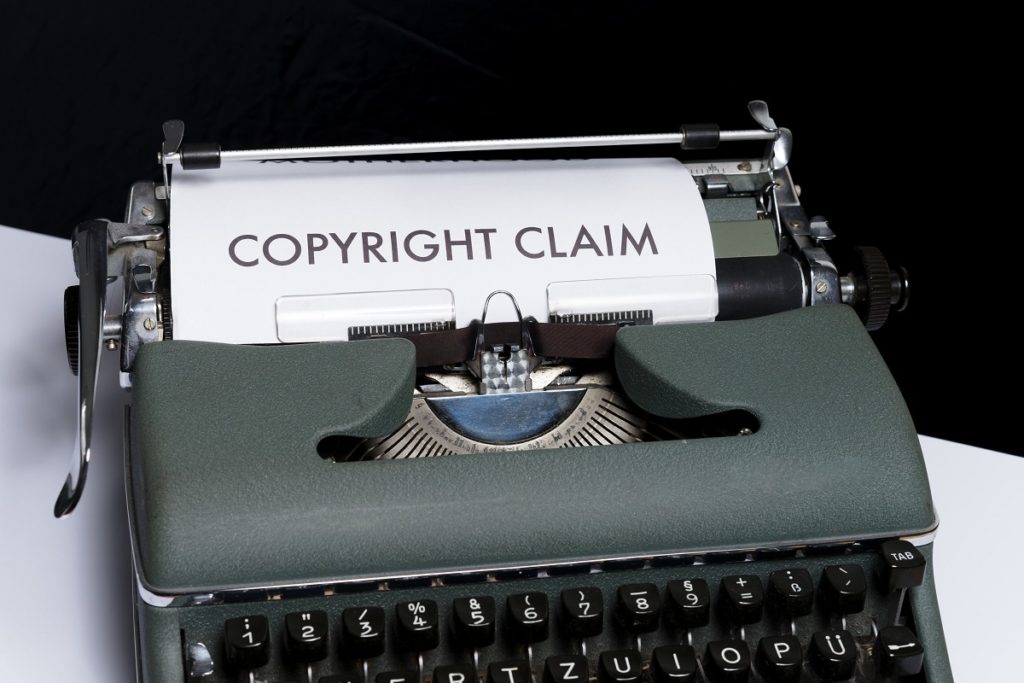In this age of information and technological progress, we are always re-inventing how we mass-produce products, brands, and services. If you look at a particular industry, especially the food or textile industry, there are a multitude of products that will almost have the same premise, function, and sometimes even the same impact on the audience. While most companies and businesses will always strive to ensure that their products are unique and won’t break copyright infringement laws, some businesses can still be litigated over something as trivial as a web page.
Copyright infringement doesn’t just stop in stealing product designs and webpages. Let’s say that you were writing an article for a particular topic a few months ago, but right after you’ve written it, you find it on another site. Of course, you would feel dismayed knowing that your hard-earned work was for naught when someone could just copy and paste your work. But you won’t have to worry; there are legal precedents that are set in place if this scenario would happen.
Plagiarism, as most of the writing community knows, is a serious offense and can tarnish the reputation of a writer. Other than plagiarism, there are also different ways that another person or business will take a specific concept and mold it as theirs.
Consider Alternatives to Taking Action
If you’re exasperated about this situation, you have to remember to keep a calm and professional demeanor. You can take legal action on those who have purposefully used your intellectual property and content for their business use. But we have to first weigh in on your options and what you can present on the table.
Reach Out
First and foremost, communicating and reaching out to your infringer will help in defusing the situation. Give your offender a stern and explicit warning that they have infringed something that you’ve written. You must state which work was infringed by the other party.
Often, infringement isn’t the purpose of the infringer and could be accidental. Nevertheless, it’s still appropriate to give them a warning.
Legal Help and Copyright Protection

Additionally, it’s always an excellent choice to contact your captive insurance lawyer and other legal entities to give you legal counsel on the matter. Even if you’re not planning on taking any legal actions just yet, it never hurts to prepare the right documents regarding the issue.
Of course, right before we do give any clear legal warnings and accusations to our infringer, it’s best to know the basic laws regarding copyright protection. How long do most of them last? These are some laws from different countries.
In the United Kingdom, copyright protection will usually last throughout the lifetime of the owner of the work plus 70 years after passing away. However, broadcasts will often have a copyright duration of 50 years, and written concepts for dramas, plays, and musical works will have a period of 25 years.
In the United States, copyright protection can be a tricky process. Usually, this is dictated by when the work was created.
For works that are created right before January 1, 1978, they will have a copyright duration of 28 years while it can be renewed for the next 67 years.
Any written work that is created after the mentioned date will have a duration of 70 years, both for joint author and single-propriety authors.
With that said, the publication date will be an essential part of any copyright infringement case. But since we’re discussing content that’s probably newly created an published, it’s probably going to be within the bounds of copyright protection laws.
It’s also important to note that if your infringer is not from the same country as you are, the law of the United States might not translate well in their area. As such, it’s a good idea to keep tabs on how other international laws interact with U.S. Copyright laws.
Litigation Is the Last Resort
Litigating should be the last resort and should only be done when negotiations don’t work. You can give the infringer an undertaking that will allow him to use the work under specific terms that you can agree on. If you don’t want to agree to these terms, the court of law can grant an injunction, which will cease the other party from using your content while seizing all available copies.
Negotiations and getting into a middle ground are vital towards making the infringer compromise. Not only will legal actions exhaust much-needed funds that could have been used elsewhere, but it’s also a time-consuming process. But if communications do break down, it’s rational to stand your ground with legal matters. Copyright infringement can sometimes seriously leave an impact on companies. If no action is taken on the infringer, chances are, they’ll just do it again with other intellectual properties and products. Such behavior cannot be tolerated in the professional world and should be treated accordingly.




